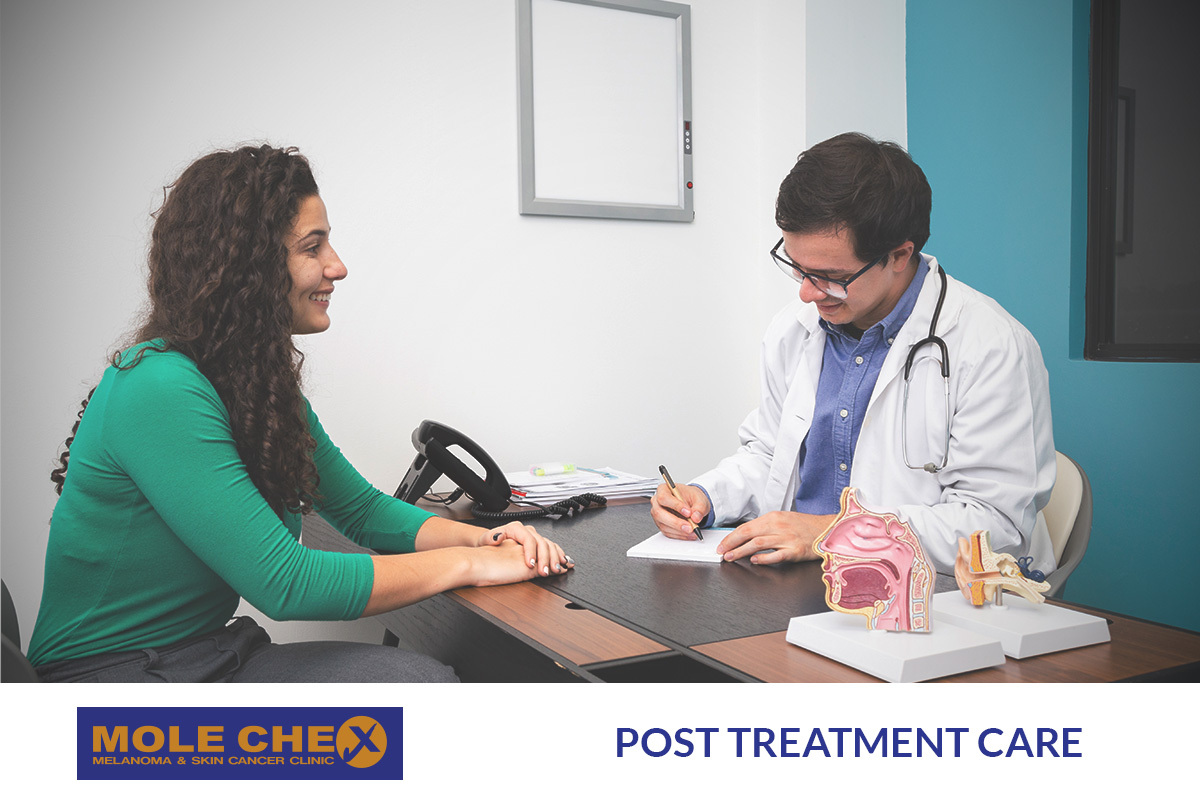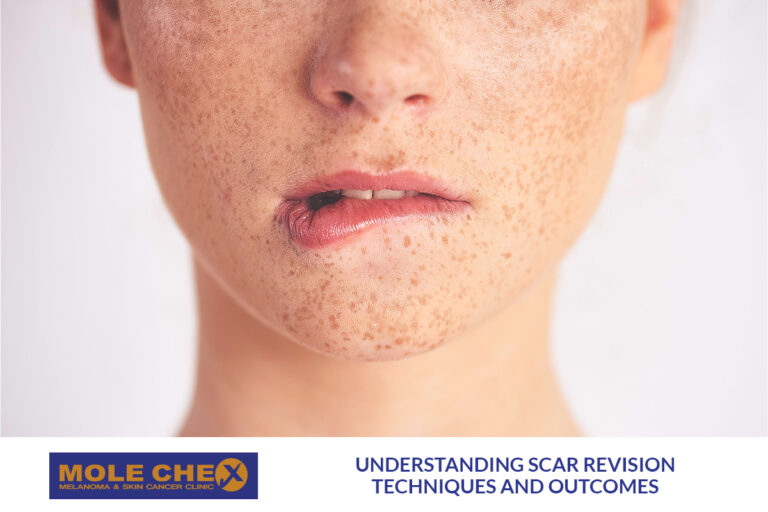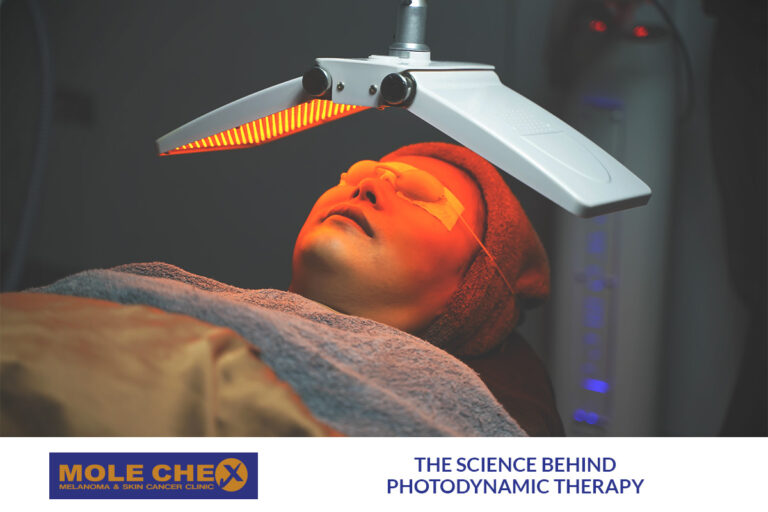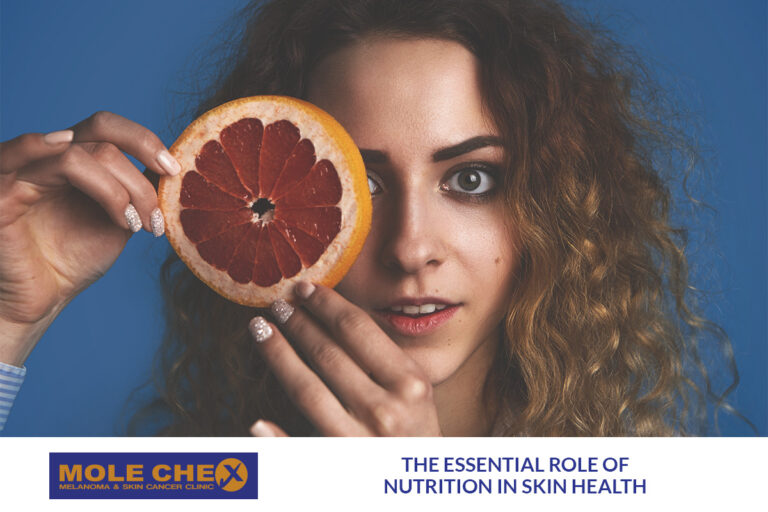Post Treatment Care: Nurturing Skin Health After Skin Cancer Treatment

Receiving treatment for skin cancer is a significant step towards health and well-being, but it’s equally crucial to prioritize post-treatment care for optimal skin health. Post-treatment care plays a vital role in the recovery process, promoting healing, preventing complications, and maintaining overall skin well-being.
Understanding Your Treatment
The first step in post-treatment care is understanding the specific type of treatment you’ve undergone. Whether it’s minor procedure / surgery, radiation therapy, photo therapy or a combination, each modality comes with unique considerations for aftercare. Consult with your healthcare provider to get detailed insights into your treatment and what you can expect during recovery.
Different treatments leave different kinds of wounds & marks, while some are non-invasive, removing cancerous path is usually invasive and requires post operation care. Once diagnosed your treatment options are provided in order to choose best available course of action is is both minimally affecting your condition and help remove skin cancer. Ask your skin doctor as many questions you can to remove ant doubts. It is advised to stay educated in matter and your skin doctor can answer all your questions before and after treatment and can suggest care based on your personal health history, current condition and their experience with treatments.
Wound Care
For those who underwent surgical procedures, proper wound care is paramount. Keep the surgical site clean and follow any care instructions provided by your healthcare team. Avoid exposing the area to direct sunlight, and if applicable, change dressings as instructed. Report any signs of infection, such as increased redness, swelling, or discharge, promptly to your healthcare provider.
Different people have different immunity and thus healing process differs. If you have any allergies, known medication side effects let your skin doctor know so they can suggest you better course of healthcare solutions that helps your recover faster and without complications.
Sun Protection
Regardless of the treatment type, protecting your skin from the sun is crucial post-treatment. Skin that has undergone cancer treatment is often more sensitive to sunlight. Use broad-spectrum sunscreen with a high SPF ( Usually 30+), and consider wearing protective clothing, hats, and sunglasses when outdoors. Minimizing sun exposure reduces the risk of new skin cancers and helps maintain the health of treated skin.
Always remember sun-safety tips that we have covered in our articles, if not go ahead and read them after this to educate yourself. This helps from sun damage and also reduces chances of having skin cancer due to damaged skins.
Hydration and Nutrition
Hydration and proper nutrition play a vital role in skin recovery. Drinking an adequate amount of water supports overall skin health, and a balanced diet rich in vitamins, minerals, and antioxidants contributes to the body’s ability to repair and regenerate skin cells. Consult with a nutritionist for personalized dietary recommendations for your overall healthcare plan.
Ideally depending on humidity, your lifestyle, your workplace and environmental factors affects your water intake. You have to know what amount is good enough for you and how much should compensate your body’s requirements. Professional help can identify these things faster and get you on track in no time.
Monitoring for Recurrence
Regular self-examinations and follow-up appointments with your dermatologist are essential post-treatment. Monitor your skin for any changes, new growths, or abnormalities. Early detection of potential issues allows for prompt intervention, improving the chances of successful management.
People with past skin cancer history or family history have higher risk of getting skin cancer at new spots. More regular skin checks makes sure new spots / moles & their normal or abnormal behaviour keeps in check. Also people with lighter skin tones are at higher risk (See : UV Exposure)
Psychological Support
Skin cancer treatment can have a significant psychological impact. It’s normal to experience a range of emotions, including anxiety and fear. Seek support from friends, family, or mental health professionals if needed. If you have healthcare questions, lifestyle questions seek your GP to guide you better. Joining support groups or counseling sessions can provide a platform to share experiences and coping strategies.
The stronger you’re the better you’re off with any healthcare problems. Those with stronger wills tend to recover faster as they focus on recovery rather than on disease itself. Whenever required, don’t hesitate to seek help. Taking the first step is as equal as half battle won.
Lifestyle Adjustments
Evaluate lifestyle factors that may have contributed to the development of skin cancer. Consider making adjustments such as quitting smoking, reducing alcohol intake, and adopting a skin-friendly routine. Healthy lifestyle choices contribute not only to skin health but also to overall well-being.
Similar to every post-treatment, lifestyle changes are bound to happen. Choosing and rooting for healthy lifestyle not only helps you but it also helps people around you as they get to encourage you and also apply same principles in their lives. It does no hard and only good things have come our from healthy lifestyle choices!
Conclusion
Post-treatment care is a holistic approach to nurturing skin health after skin cancer treatment. By being proactive in wound care, sun protection, hydration, nutrition, monitoring for recurrence, seeking psychological support, and making positive lifestyle adjustments, individuals can enhance their recovery process and maintain optimal skin health. Always consult with healthcare professionals for personalized guidance tailored to your specific treatment and health needs.
Disclaimer
While this content provides an overview of post-treatment care after skin cancer, it is not intended as accurate medical advice. Individual post-treatment care must be followed according to the guidance given by the attending skin doctor based on the specific case. Always consult with healthcare professionals for personalized advice tailored to your health needs and treatment plan.
If you’re interested learning more download fact sheet from : https://www.cancer.org.au/cancer-information/types-of-cancer/skin-cancer
Still interested? Read other articles :



